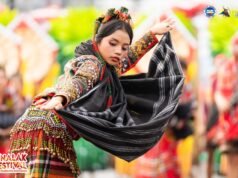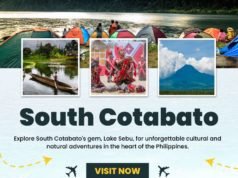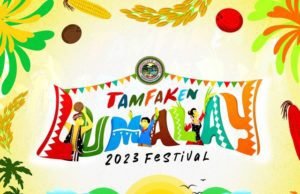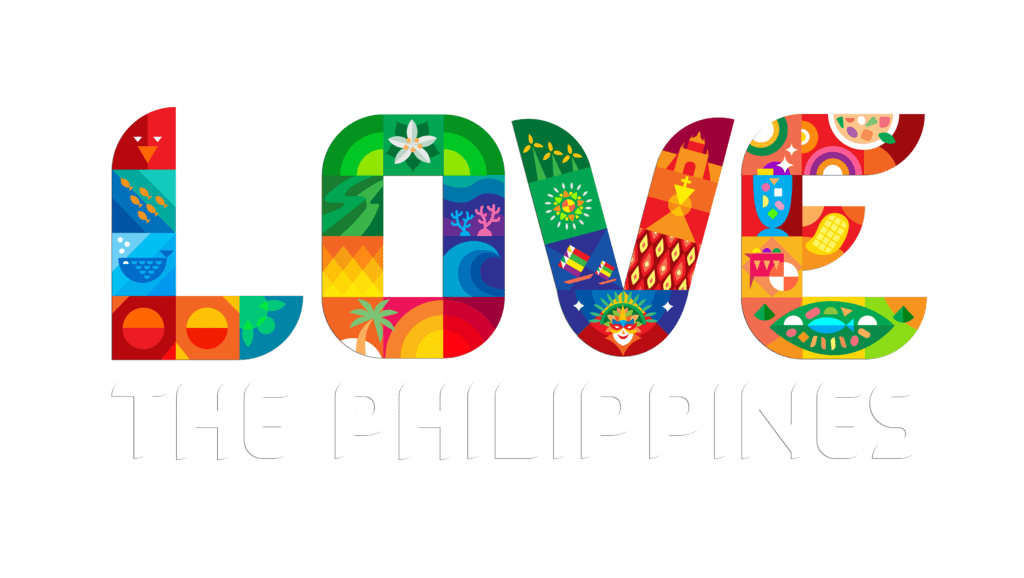Why Visit the Munato Festival in Sarangani Province?
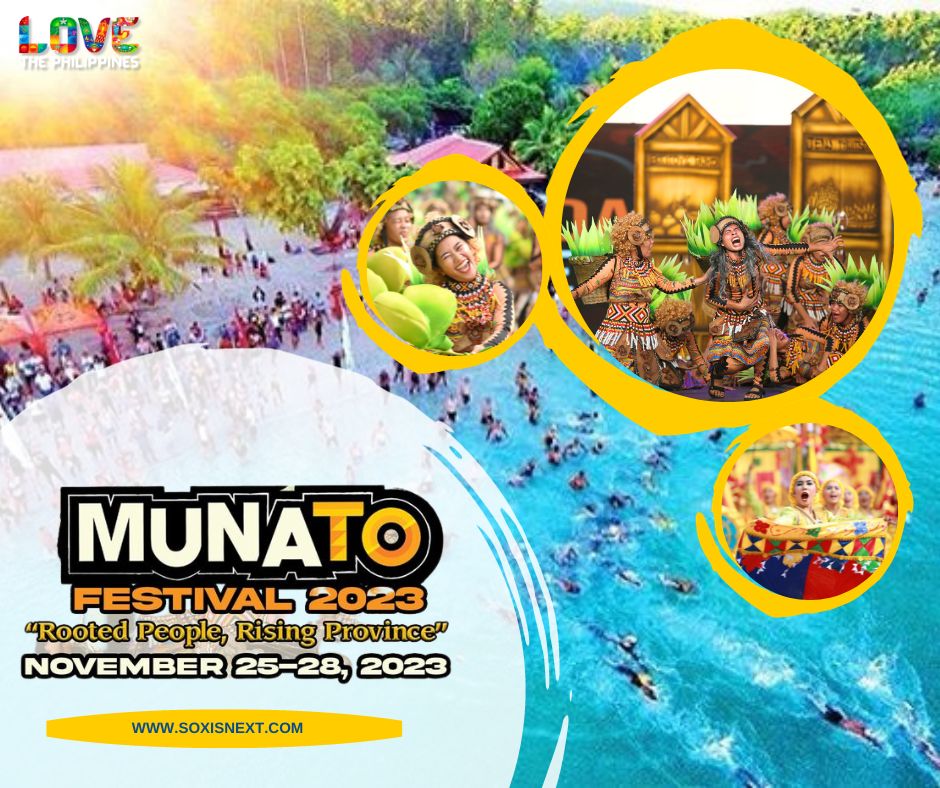
Munato Festival Sarangani Province is the annual founding celebration of Sarangani held in Alabel every November. This guide covers dates, highlights like Yesterland and Fabli Gu Ni, how to get there from General Santos City, where to stay, and essential travel tips so you can plan the perfect visit.
The name “MunaTo” is derived from two Blaan words meaning “first people.” This honors the region’s ancient roots, including the famed anthropomorphic burial jars found in Maitum, Sarangani—artifacts that push back Mindanao’s early history.
A big crowd-puller each year is the festival’s heritage showcase and themed attractions like MunaTo Yesterland, which brings Sarangani’s history and lifeways to life through creative installations and performances.
Munato Festival Sarangani Province: How to Get There
Base city: General Santos City (GenSan). Fly into General Santos International Airport (GES) from Manila or Cebu. From downtown GenSan, ride a van or bus east via the GenSan–Davao National Highway (AH26) and alight at Sarangani Provincial Capitol, Alabel (approx. 30–45 minutes depending on traffic). From Davao City, long-distance buses also pass Alabel en route to GenSan.
Local transport: Tricycles and multicabs are common in Alabel and adjacent towns. During festival week, expect special traffic schemes near the Capitol Grounds; arrive early.
Best Time to Visit the Munato Festival
Late November is the sweet spot, coinciding with Sarangani’s Foundation Anniversary and the MunaTo week. Weather is generally warm with possible brief showers—pack light, breathable clothing, a hat, and a compact rain jacket. Check the official MunaTo Facebook page for this year’s exact dates, theme, and daily schedules.
Things to Do at Munato Festival
1) Street Dancing & Civic–Cultural Parade
Colorful contingents from Sarangani’s municipalities light up the Capitol Grounds with traditional rhythms, beadwork, headdresses, and choreography—an homage to the province’s roots and living cultures.
2) MunaTo Yesterland (Heritage Theme Park)
This much-loved festival feature turns Sarangani’s history into an immersive “time travel” experience—perfect for families and culture lovers. Expect replicas, live demos, and interpretive zones that celebrate Blaan and Moro lifeways, coastal heritage, and frontier stories. M
3) Tri-People Exhibits & Fabli Gu Ni (Market)
“Fabli Gu Ni” (Blaan for “where buyers and sellers meet”) gathers municipal booths, MSMEs, and artisans selling crafts, local delicacies, and agri-marine products. It’s a great place to support local makers and take home meaningful souvenirs.
4) Pageants & Competitions
Don’t miss the Pearl of Sarangani pageant night and various talent and sports events scheduled across festival days. Pageant nights usually happen at the Capitol Grounds under the stars.
5) Music & Night Events
Live music, arts showcases, and visiting performers often headline the evenings. Watch for the official theme and headliners announced each year by the Province and the festival page.
6) Adventure Tie-ins
Some editions feature paragliding demos, fun runs, and outdoor activities—a nod to Sarangani’s adventure scene. If you’re into flight or trail fun, keep an eye on the calendar.

Through these cultural events, the MunaTo Festival not only entertains but also educates and inspires, offering a deeper understanding and appreciation of the rich cultural tapestry that is unique to Sarangani Province.
Where to Stay & Eat near Munato Festival Sarangani Province
Stay:
- General Santos City (20–30 mins to Alabel): The widest hotel selection, from business hotels to boutique stays. Ideal if you want food variety, malls, and nightlife nearby.
- Alabel & Nearby Towns: Limited but growing homestays and inns for travelers who prefer to be close to the Capitol Grounds.
Eat:
- Try GenSan’s famed tuna dishes before or after festival day trips—see Where to eat in General Santos City for picks near malls and the fish port.
- Look for pop-up food courts around the Capitol Grounds during festival week: grilled seafood, kakanin, saging treats, lumad-inspired delicacies, and Moro sweets.
Buy Local:
- At Fabli Gu Ni, look for Blaan beadwork and embroidery, Moro textiles and brassware, woven bags, and coastal goodies from Glan and Maitum. Support local coffee roasters from SOX coffee farms and discover fruit wines, coconut products, and cacao treats.
Planning side trips? Explore Lake Sebu tours (T’boli beadwork and brass casting; zipline views) and check our T’boli culture and traditions features. Extend your stay for the General Santos tuna festival in another season, or browse SOX travel itineraries for more routes across SOCCSKSARGEN local markets.
Travel Tips for Munato Festival
- Go early: Morning parades and booth openings get crowded—arrive before start time for good photo angles.
- Respect culture: Ask before photographing elders or sacred items; follow booth etiquette.
- Cash first: ATMs can get busy; bring small bills for snacks and souvenirs.
- Dress for sun & showers: Hat, sunscreen, refillable bottle, and a light rain jacket.
- Check official updates: Dates, headliners, and traffic advisories are posted on the MunaTo Festival Facebook page and the Sarangani PIO channels.
Munato Festival Sarangani Province — FAQs
Every November, aligned with Sarangani’s foundation anniversary. Specific dates vary by year; check official announcements.
Main events happen at the Sarangani Provincial Capitol Grounds in Alabel (about 20–30 minutes from General Santos City).
It comes from Blaan words meaning “first people,” a tribute to Sarangani’s early inhabitants and heritage.
Street dancing and parades, MunaTo Yesterland, Fabli Gu Ni market, pageants like Pearl of Sarangani, and the evening music/arts shows.
The MunaTo Festival is the perfect window into Sarangani’s soul—ancestral stories, living traditions, sea-to-summit flavors, and a community that celebrates together. Plan your MunaTo week, book your GenSan base, and line up those day trips around SOX travel itineraries. If you found this guide helpful, share it with your barkada and start plotting your November escape to Sarangani!



